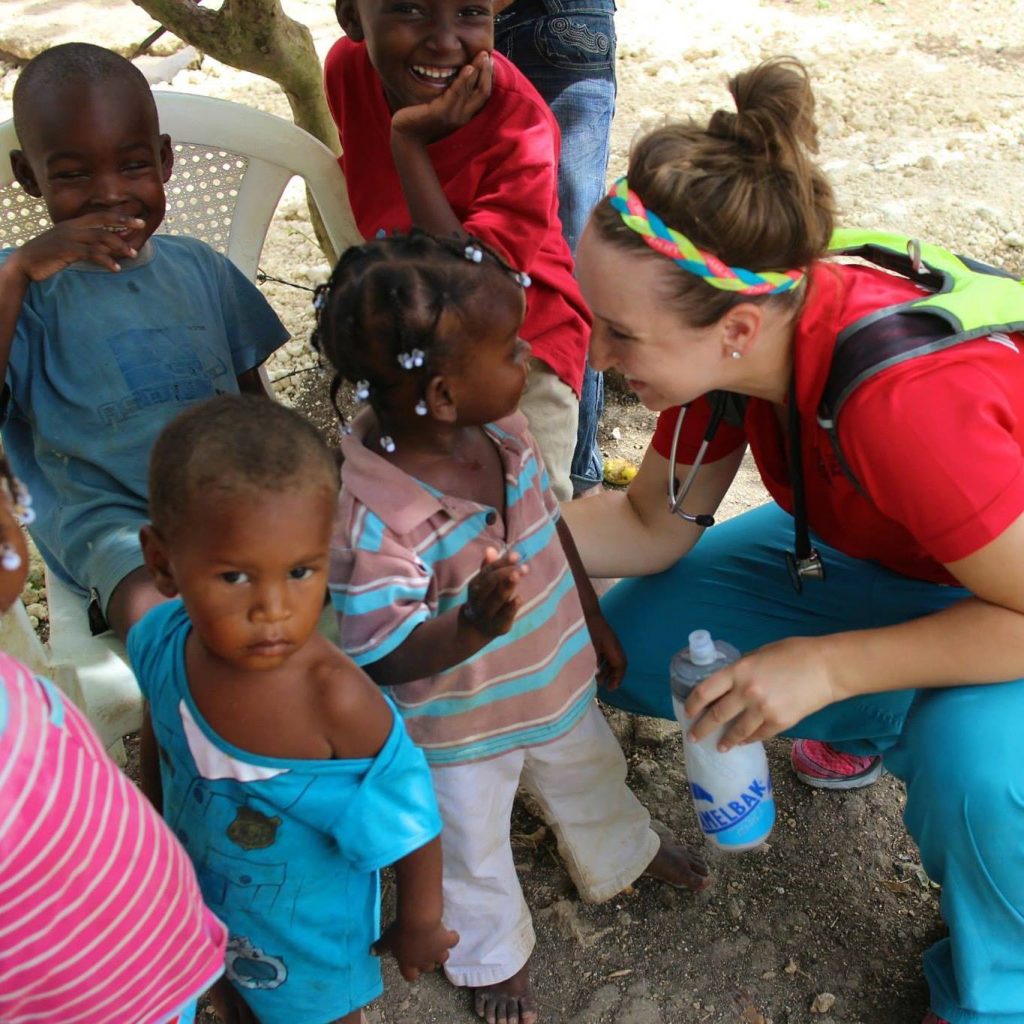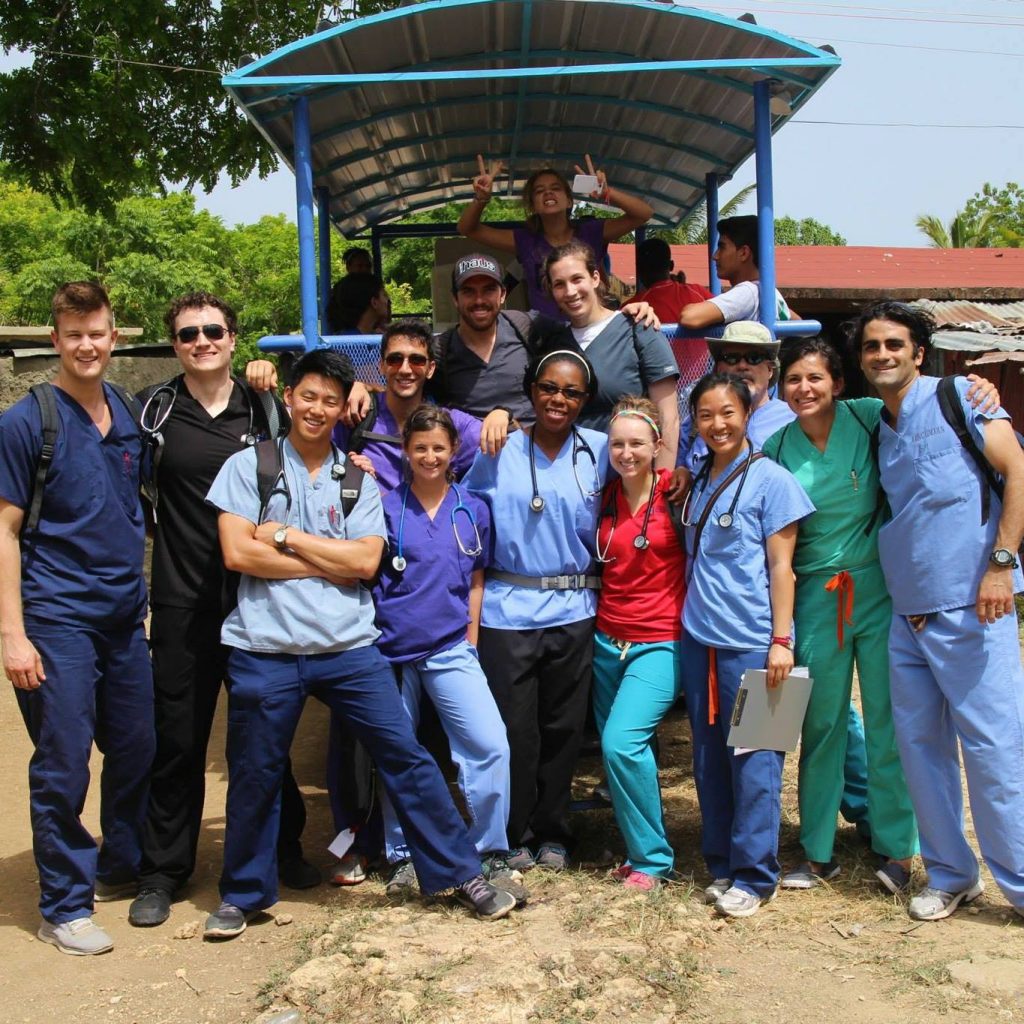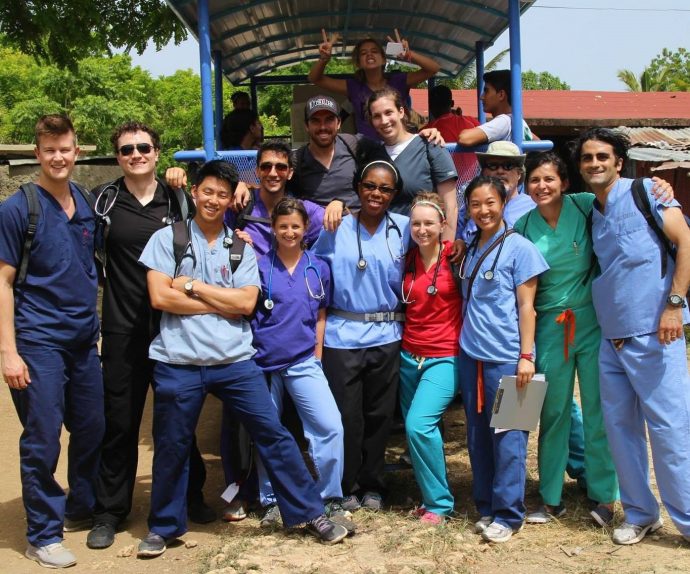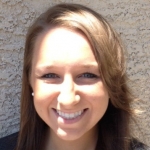It’s 0300 and your AC/DC ‘Thunderstruck’ alarm sounds.
Wide-eyed, you feel a shudder of panic as your adrenals dump everything they’ve got into your bloodstream.
It’s the first day of your surgical rotation. Thunderstruck is right.
You question each and every life choice as you pull up your scrub pants and quickly practice a one-handed tie with your strings.
You slip on some horrendous-looking clogs and rush out the door.
For three months, you do the exact same thing.
You eat when you can, sleep when you can, and learn to never mess with a pancreas.
We’ve all been there. If you haven’t, you will.
You will be 24 hours into your call shift, yet you will smile and act delighted to give a presentation on an awful topic during rounds.
Adrenal insufficiency. Jackpot.
It’s now 0900 on what might be a Tuesday. The days blur.
Your once-tanned skin is now translucent. Your scrubs fit a little tighter.
You answer a measly 50% of the pimp questions correctly. It’s a ‘glass half empty’ kind of a day.
Your belly growls. No free food at conference.
You haven’t spent time with your friends or significant other in weeks.
You forgot about your parents’ anniversary.
You unconsciously avoid anything blue. Scrub nurses frequent your dreams.
It’s now 2200 on a Saturday. Facebook announces your engagement to UWorld.
What motivates a student through these months of literal and metaphorical darkness?
What makes you hold your head high and keep on keepin’ on?
Although the above is tongue-in-cheek, the take-home point is that something very special motivates each of us to endure the highs and lows of our medical training. As the new class of students enters UA COM-P and the third year class begins their clerkships, I want to share my perspective on the importance of continuing to foster your passions while in the thick of medical school. This is also a shameless plug for the global health track, which provided the enriching experiences that kept me grounded and focused on my long-term goals.
I made my decision to pursue medicine while living in the Dominican Republic in 2010. I saw firsthand how a natural disaster destroyed an already fragile infrastructure in Haiti. I learned what it was like to be sick in a small, rural community, one without running water, electricity, or access to healthcare. I realized I had an incredible opportunity to become a physician in the United States. After my training, I wanted to give back to the communities who taught me what it meant to truly endure.
I was immediately drawn to the global health program upon entering medical school. It has allowed me to coordinate two fully funded medical mission trips to the Dominican Republic with faculty and my peers. I was so excited to share such a beautiful country and culture with my classmates. We worked hard to create a relationship with these communities and build more sustainable methods of providing care. We coordinated with community health leaders to connect the sick in their villages with outside resources.
The global health track also does a fantastic job incorporating academic opportunities into the medical school curriculum. I was paired with an amazing mentor to help me with research in an area of my choosing. My scholarly project includes a systematic review of current literature on a topic that will be applied in a resource-limited environment. The idea behind research is to uncover knowledge that can alter practice or provide new ways to apply old concepts. This is precisely what global health research is focused o n, using new scientific information to improve health equity around the world. Additionally, there are numerous lunch seminars and conferences from world-renowned speakers about international health topics. I can say that I’m most excited to finally, in my fourth year, spend one month abroad in the country that I love practicing medicine! Each student is arranged a four-week clinical rotation abroad in one of several countries. The global health program is structured enough to provide opportunities for growth while being flexible enough to allow you to tailor these amazing experiences to your own personal interests. It allows students to foster their passion for international medicine throughout medical school.
n, using new scientific information to improve health equity around the world. Additionally, there are numerous lunch seminars and conferences from world-renowned speakers about international health topics. I can say that I’m most excited to finally, in my fourth year, spend one month abroad in the country that I love practicing medicine! Each student is arranged a four-week clinical rotation abroad in one of several countries. The global health program is structured enough to provide opportunities for growth while being flexible enough to allow you to tailor these amazing experiences to your own personal interests. It allows students to foster their passion for international medicine throughout medical school.
When those tough days come (and they will), never forget about what or who motivated you to be a physician in the first place. Keep on retracting that liver, show up early each morning, and memorize all those clinically relevant cytokines. Whichever hurdle you have in front of you, remember what an incredible opportunity you have. Continue to engage yourself and others in your passion, especially during those times you need to refocus.
Bear Down. Endure. Enjoy. It goes by fast.
Kelsey Wilhelm is a Nebraska girl at heart who has the privilege of training at the best school around, UA COM-P! She completed my undergrad degree in exercise science with a minor in biology at Creighton University. Kelsey is pursuing emergency medicine in the match this year with a handful of her amazing classmates. She has a special interest in disaster medicine and global health. In her free time, she enjoys playing soccer, camping, hiking with her two boxer dogs, and spending quality time with her most handsome peers.


